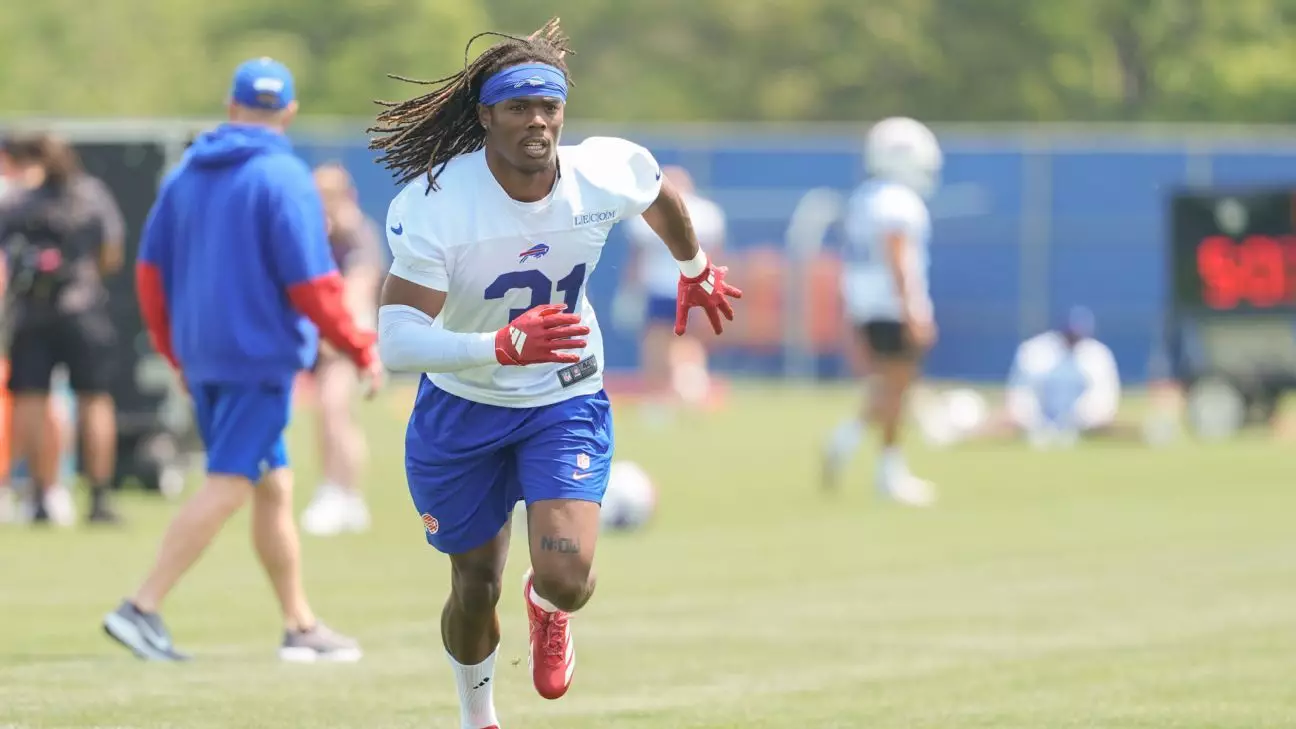In the realm of criminal and civil justice, the stakes are profoundly high, and the power dynamics complex. The recent case involving a university student and a prominent NFL draft pick underscores the importance of scrutinizing accusations thoroughly, but also highlights the peril of rushing to judgment based solely on allegations. While the alleged incident is deeply troubling and warrants careful investigation, it is essential to remain critical of how such cases are framed, presented, and ultimately used to shape reputations and careers.
This situation exemplifies the dangerous tendency to assume guilt prematurely. The lawsuit by the woman, identified only as Rebecca Hendryx, paints a vivid picture of assault and misconduct. Still, the absence of criminal charges and the lack of conclusive evidence introduce a level of uncertainty that cannot be ignored. It’s easy to be swayed by emotional reactions, especially when high-profile parties are involved. Yet, true justice demands a nuanced approach, one that balances compassion for victims with due process and rigorous standards of evidence.
The Silence of Official Investigations and the Power Imbalance
An intriguing aspect of this case is the silence from law enforcement. Despite Hendryx’s immediate report and medical procedures, authorities have not documented any investigation into the allegations. This raises questions about transparency and the evidentiary process. Does the absence of official records imply a lack of credibility or investigation? Or does it expose flaws in reporting mechanisms that may disadvantage victims or fail to uphold accountability?
Furthermore, the dynamics of victimhood and institutional response are critical. Hendryx reportedly transferred from the university, a decision that could carry personal and social implications beyond the allegations. The power imbalance between a university student and a future NFL star cannot be overlooked. Yet, it also illustrates how institutions often operate in the shadows, protecting their interests or reputation rather than actively seeking truth.
The Impact of Public Perception and Media Narratives
The media landscape amplifies the stakes, often distorting the complex realities of such cases. The statement from the Bills’ general manager suggests that the team conducted a “full investigation,” yet provides no definitive conclusion. This kind of corporate silence contributes to a culture of doubt and speculation, which can harm innocent individuals while protecting institutional reputations.
For the accused, especially someone in a prominent position like Hairston, the repercussions are immediate and severe: damaged reputation, loss of draft status, and societal condemnation. For Hendryx, sharing her story might be a path towards justice or healing, but it also opens her to scrutiny, backlash, or skepticism. The social media era complicates this further—where quick judgments often replace thoughtful discourse.
Necessary Vigilance and Skepticism in Pursuing Truth
Ultimately, this case demonstrates the importance of critical engagement with allegations of misconduct. While supporting victims’ rights is vital, so is safeguarding against wrongful accusations that could unjustly ruin lives. The absence of criminal charges or conclusive evidence leaves the situation in a state of ambiguity that demands careful, unbiased investigation.
We must also recognize that justice isn’t served solely through headlines or lawsuit filings—true accountability requires an impartial process. As observers, our role should be to promote fairness, question incomplete narratives, and remain aware of the broader social implications that such accusations entail. Only then can we ensure that the pursuit of justice remains rooted in integrity rather than sensationalism.

